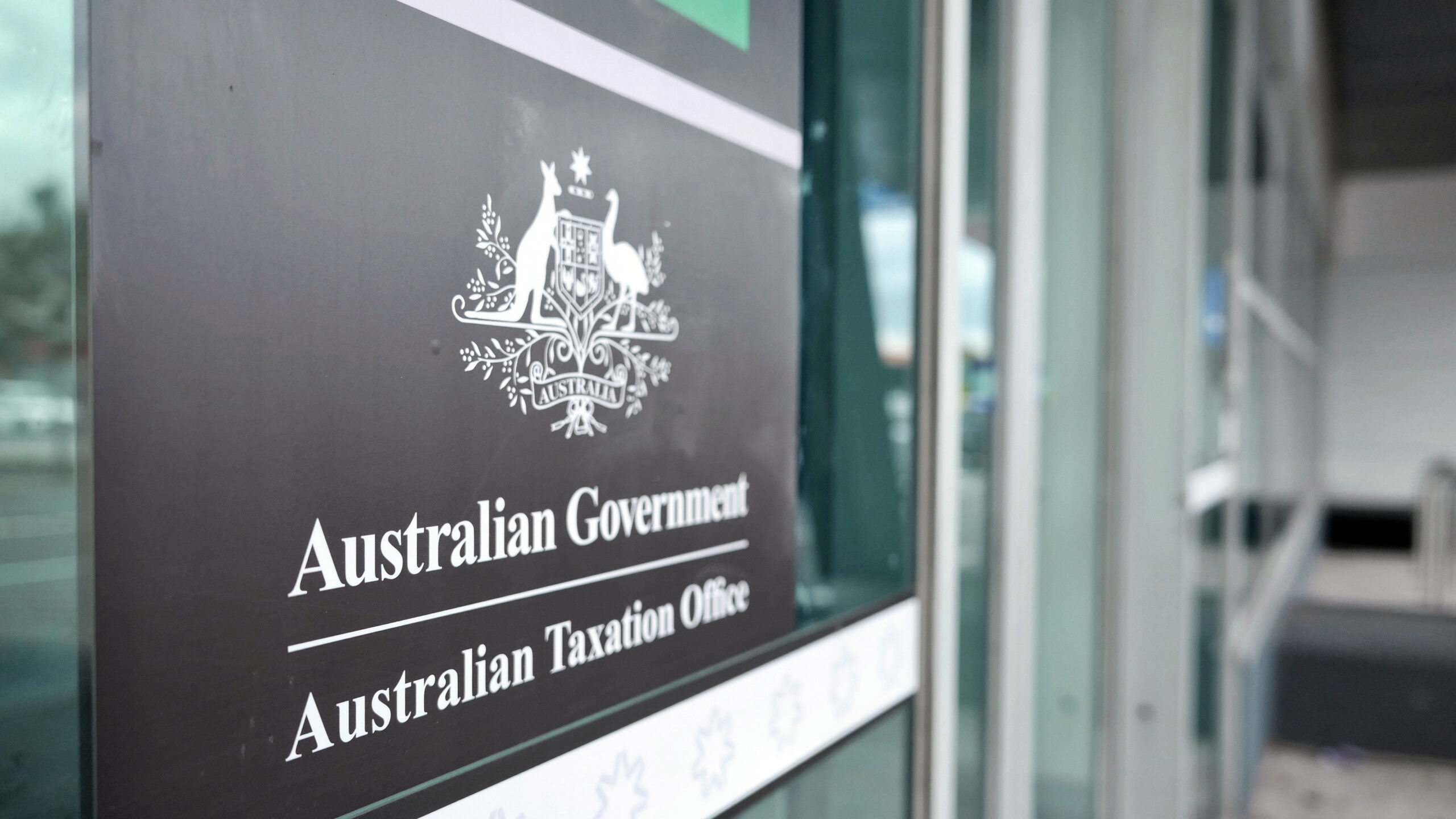Millions of Australians are expected to receive their tax refunds this year, with the average person expecting to receive a return of $1288. According to a survey, the majority of taxpayers will use their refund to pay down their debts or put it into their bank accounts.
Some taxpayers will use their refunds to pay down their household bills, while others will use them to help with their mortgage.

The Australian Taxation Authority (ATO) has identified three main areas where it will focus this year.
These include working in the gig economy, property deductions, and work-related expenses.
Ursula Lepporoli, a tax partner at KPMG, said that individual taxpayers contribute to Australia’s tax gap, which is the amount of money that the country collects if correct income and deductions are reported.
Work-related expenses are the main contributor to this area, with around $3.7 billion.
Regrettably, many taxpayers make mistakes when it comes to claiming deductions and income producing activities.
These include inadequate record-keeping, failure to apportion claims, and a lack of connection between income-producing activities and personal use.
The Australian Taxation Office (ATO) has been able to improve its data-matching capabilities by acquiring access to information from various financial institutions.
This allows it to identify potential discrepancies between the returns submitted and the actual payments made.
According to Mark Chapman, the agency recently revealed that there was a $8.7 billion gap between the tax payables and the actual payments made.
According to Mr Chapman, the ATO considers work-related expenses as one of the main factors contributing to the tax gap.
It is expected that the agency will be more focused on these types of claims this year. In 2017, the standard deduction for these expenses was increased to 67 cents per hour.
The ATO will look into work-related expenses to ensure that taxpayers have a record detailing their hours worked throughout the year.
In addition, the agency will also scrutinize claims for accommodation expenses, such as rent and mortgage interest, as these are not allowed unless the person is actually running a business.
According to Ms. Lepporoli, using a tax agent can provide taxpayers with a variety of benefits, including the ability to extend their tax return’s due date and the payment deadline.

